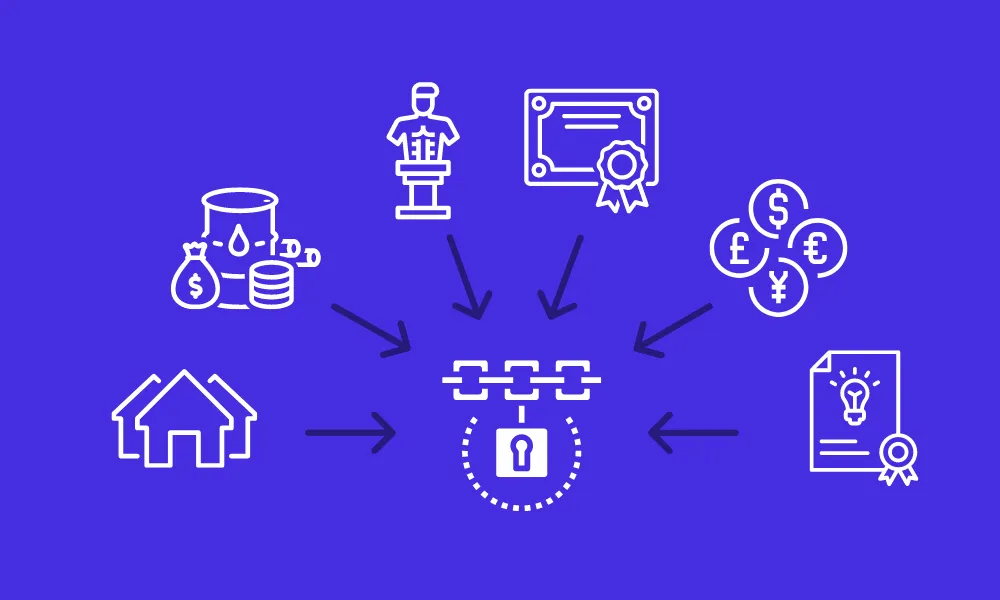How Does Blockchain Help People Own Digital Assets?
Have you ever wondered how someone can “own” something that only exists online—like a piece of digital art, an NFT, or a token? It sounds strange at first, but blockchain technology makes this kind of ownership possible and secure. Let’s explore how it works in simple terms.
What Is Blockchain, Really?
Think of blockchain as a public record book that anyone can read but no one can secretly change. Every transaction or ownership record is stored in a chain of blocks—making it transparent, permanent, and almost impossible to tamper with.
Proof of Ownership Through Tokens
When you buy or create a digital asset on the blockchain, you get a unique token that represents your ownership. This token is stored in your digital wallet, and it can’t be copied or faked. In short, your wallet address becomes your digital signature of ownership.
No Middlemen Needed
Traditionally, owning digital content—like music or online items—often meant trusting platforms like Apple, Google, or game publishers. Blockchain removes that need. You own the asset directly, without relying on anyone else to verify it.
Verifiable and Transferable
Every asset on the blockchain can be verified by anyone. If you sell or transfer it, the new ownership is instantly updated on the blockchain. This makes trading digital assets simple, transparent, and secure.
Real-World Uses of Digital Ownership
NFTs (Non-Fungible Tokens)
Artists and creators use NFTs to sell digital art and keep ownership rights.
Gaming Assets
Players truly own their in-game items, which can even be traded outside the game.
Virtual Real Estate
In metaverse platforms, land ownership is verified on the blockchain.
Music & Collectibles
Musicians can sell songs directly to fans and earn royalties automatically.
Why It Matters for the Future
Blockchain gives power back to the people. It ensures transparency, prevents fraud, and creates new ways for creators and users to interact directly—without losing control of their digital property. As technology grows, digital ownership may become as common as physical ownership today.
Conclusion
Blockchain isn’t just a buzzword—it’s a new way of defining what ownership means in the digital world. It gives individuals true control, transparency, and freedom over their digital assets. Whether you’re an artist, gamer, or investor, blockchain opens the door to a more secure and fair digital future.

